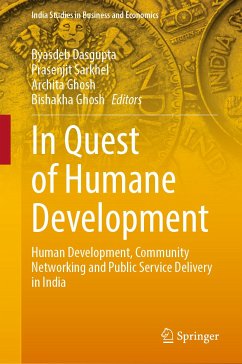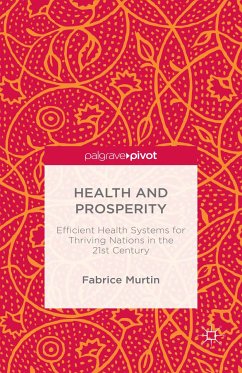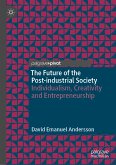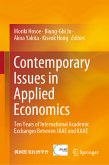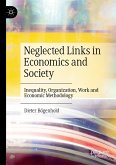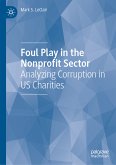This book presents a multidimensional perspective on the interlinkage between human development, community characteristics and public service delivery with special reference to India. The chapters in the book analyze the influence of public service delivery on human development from neo-classical as well as Marxian point of view. Thus, the expositions in the book provides a balanced mix of macro and micro approaches in the study of development. The analytical discussions are supplemented by case studies and empirical estimates so as to demonstrate the applicability of the theory and the theoretical discourse about human development, community network and the success and failures of critical public services in the Indian context. The methodology followed in the chapters involves critical survey of existing literature, case studies, field survey and use of econometric techniques as well as statistical tools of index construction. While contributors are primarily scholars from neo-classical economics discipline, some are intellectuals from the field of political economy and development studies. Given the wide array of development perspectives, this book is of interest not only to students and researcher of development economics, social science and management, but also a valuable reading for development practitioners and policy makers, who would be interested in understanding how community and public institutions interact to determine access to health, education and social security services that shapes the wellbeing of disadvantaged populations. The lessons and implications are extremely pertinent to other emerging economies, in particular those in South Asia.
Dieser Download kann aus rechtlichen Gründen nur mit Rechnungsadresse in A, B, BG, CY, CZ, D, DK, EW, E, FIN, F, GR, HR, H, IRL, I, LT, L, LR, M, NL, PL, P, R, S, SLO, SK ausgeliefert werden.

